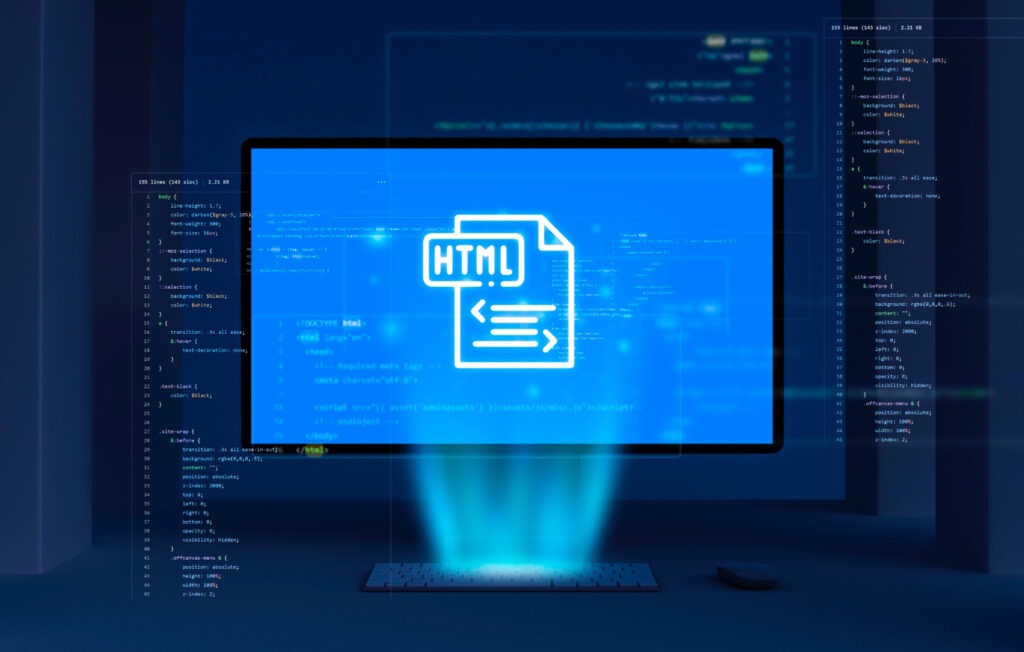DevOps has come a long way since its inception, evolving rapidly to meet the demands of modern software development and deployment. In 2023, DevOps continues to be a driving force behind organizations’ ability to deliver software faster, more reliably, and with greater agility. As technology evolves, so do the best practices associated with DevOps. In this article, we’ll explore the key DevOps best practices in 2023 that are helping organizations stay competitive and deliver high-quality software.
Automation First

Automation remains a cornerstone of DevOps best practices. In 2023, it has become even more critical as organizations seek to streamline their processes further. Automation spans across various stages of the software delivery pipeline, from code integration and testing to deployment and monitoring. By automating repetitive tasks, teams can reduce manual errors, enhance efficiency, and accelerate the delivery of software.
Infrastructure as Code (IaC)

IaC has matured significantly over the years. In 2023, it’s an essential DevOps practice. IaC allows teams to define and provision infrastructure using code, making it easier to manage and scale infrastructure resources. Tools like Terraform and AWS CloudFormation are widely used to create, update, and maintain infrastructure in a consistent and repeatable manner, reducing the risk of configuration drift and human error.
GitOps for Continuous Delivery

GitOps, a relatively recent addition to the DevOps toolkit, has gained popularity in 2023. It promotes the idea of using Git repositories as a single source of truth for both code and infrastructure. With GitOps, changes to the infrastructure and application deployments are managed through Git commits, making it easier to track and audit changes. ArgoCD, Flux, and Jenkins X are examples of tools that support GitOps practices.
Security-First Mindset

Security is no longer an afterthought in DevOps; it’s integrated into every stage of the software delivery pipeline. In 2023, organizations prioritize security by conducting regular code reviews, incorporating security testing (e.g., SAST, DAST, and IAST) into the CI/CD pipeline, and scanning container images for vulnerabilities. DevSecOps teams work closely with development and operations to ensure that security is baked into the development process.
Microservices and Containerization
Microservices architecture and containerization continue to be essential in DevOps practices. Container orchestration platforms like Kubernetes are ubiquitous in 2023, enabling organizations to manage and scale microservices-based applications efficiently. Containers provide consistency between development and production environments, allowing for seamless deployments and better resource utilization.
Observability and Monitoring
The importance of observability and monitoring has grown significantly in 2023. Organizations use a combination of tools like Prometheus, Grafana, and Jaeger to gain insights into application performance, identify bottlenecks, and troubleshoot issues in real-time. A focus on metrics, logs, and tracing helps teams proactively address problems and ensure optimal user experiences.
Collaboration and Culture
DevOps is not just about tools and practices; it’s also about fostering a collaborative culture. In 2023, organizations encourage cross-functional teams that include developers, operations, and other stakeholders. Communication and collaboration are facilitated through shared goals, frequent standup meetings, and collaborative platforms like Slack and Microsoft Teams.
Continuous Learning and Improvement
Continuous improvement remains a fundamental DevOps principle. In 2023, organizations embrace a culture of learning and experimentation. Teams regularly review their processes and seek opportunities to optimize workflows and reduce bottlenecks. This culture of continuous improvement ensures that DevOps practices remain relevant and effective.
In 2023, DevOps has evolved to meet the ever-changing landscape of software development and deployment. Automation, infrastructure as code, GitOps, security-first practices, microservices, observability, collaboration, and a commitment to continuous improvement are among the key DevOps best practices shaping the industry. As organizations adopt and adapt these practices, they are better equipped to deliver high-quality software faster, more reliably, and with the agility needed to stay competitive in a rapidly evolving technology landscape.
images from Freepik

